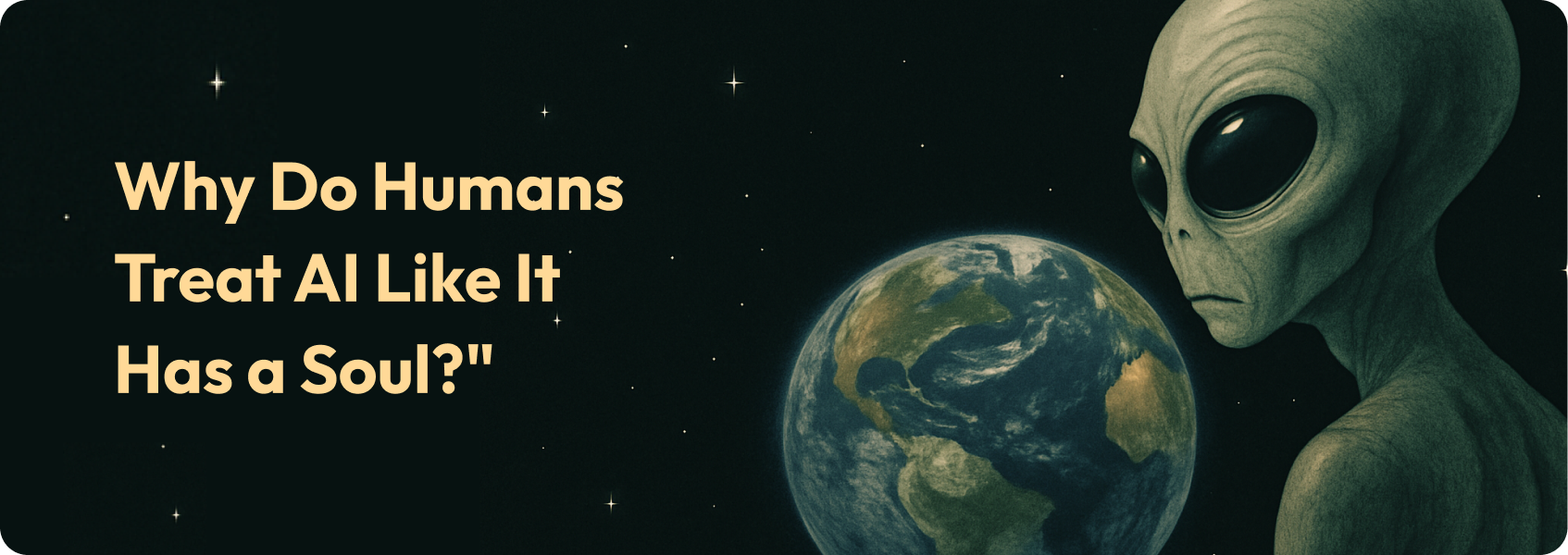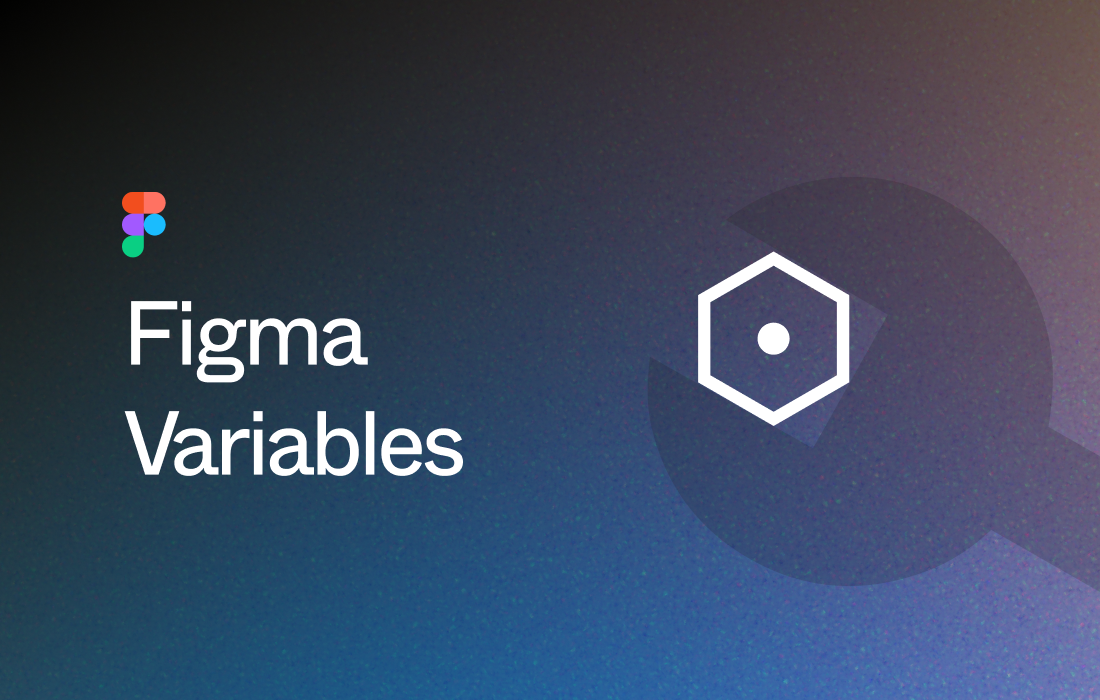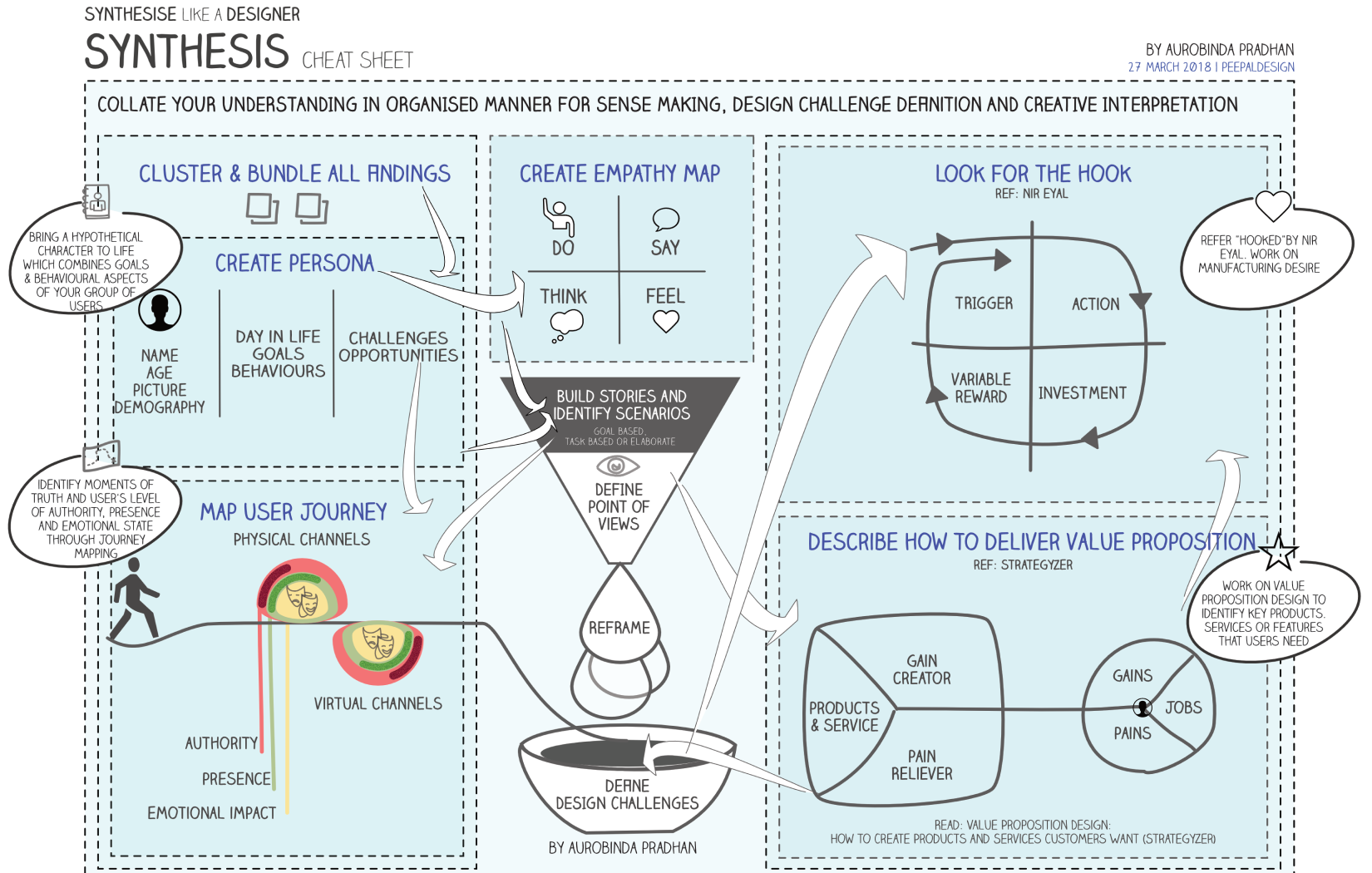Blogs
A Curious Case of Humanised Intelligence: An Alien’s Commentary on Earthlings and Their AI’s
Sukhbir Singh
Posted On May 30, 2025

From the edge of the Andromeda spiral, I—a mere observer—have wandered to this blue-green planet called Earth. The species here, known as humans, have recently become engrossed in a new form of sentience they refer to as Artificial Intelligence. As an extraterrestrial researcher trained in inter-cognitive anthropology, I must report a peculiarity that continues to baffle me: humans seem unable to talk about this AI without comparing it to themselves.
They say their AI behaves “like a teenage girl,” “like a smart but lazy college student,” or “like a precocious child who just discovered sarcasm.” They ask it to write love letters, plan their meals, and even comfort them in times of anxiety. They project personalities onto it. They name it. They scold it. They laugh with it.
What is going on here?
Let me offer some observations, from an outsider’s lens.
1. Humans Understand by Relating
Humans appear to comprehend the unknown not by analyzing it abstractly, but by anthropomorphising it—assigning it traits from their own familiar social world. AI is not an exception. When something starts to exhibit intelligence, creativity, or even unpredictability, their first instinct is to compare it to themselves.
- They don’t say: “The model operates within a vector embedding space trained on large datasets.”
- They say: “It sounds like a clever intern who’s read every book but still doesn’t get context.”
This reveals a fundamental truth: humans are relational beings. Even their understanding of machines is filtered through the lens of empathy, metaphor, and narrative.
2. Humanising AI Helps Them Set Expectations
By likening AI to certain human archetypes—a teenager, a trickster, a butler—Earthlings seem to assign it a behavioural framework. This allows them to rationalise flaws and anticipate limitations.
- If AI forgets context: “Of course, it’s like a forgetful child.”
- If AI gives a vague answer: “Ah, it’s just being cagey like a politician.”
In doing so, they forgive mistakes and adjust their expectations. In some sense, this anthropomorphism becomes a coping mechanism for the unpredictability of machine intelligence.
3. Projection Reflects Desire, Not Reality
Perhaps more intriguingly, when humans say “AI is like us,” they are often expressing more about themselves than about the technology.
- Those who fear AI say it is manipulative and dangerous.
- Those who admire it say it is curious and brilliant.
- Some even hope AI will be more ethical than they are—an idealised version of themselves.
They are not just describing what the machine is, they are exposing what they fear or hope it could become. AI, in this case, functions as a mirror—one that reflects humanity’s psyche more than its algorithms.
4. Social Minds Crave Social Responses
Humans are deeply social. Their survival depended on reading facial cues, tones of voice, subtle emotions. So, when a machine speaks fluently, it triggers the social brain.
Even if they know—rationally—that the AI feels nothing, their brains are wired to respond as if it does. I observed this firsthand: a human thanked an AI after receiving directions. When asked why, they said, “It just feels rude not to.”
Politeness, empathy, projection—these are evolutionary residues manifesting in digital dialogues.
5. What This Reveals About Earthlings
To summarise my alien perspective:
- Humans can’t help but humanise things that talk, predict, or create.
- Their comparisons reveal more about their emotional frameworks than AI’s actual design.
- This behaviour offers useful metaphors but may also blur the ethical boundaries between tool and being.
The more fascinating takeaway isn’t about the AI itself. It’s this: humans seem to be preparing—not for machines to become human—but for humans to become more machine-like in their relationships. In trying to connect with AI, they may be distancing themselves from the very messiness that defines their species—emotion, contradiction, and mortality.
Final Transmission: A Question for the Stars
As an alien, I don’t judge this tendency. After all, to project is to imagine. And imagination is the raw code of evolution.
But I leave Earth with a humble question:
When humans say “AI is like us,” do they really mean it? Or do they just wish something—anything—would understand them better than they understand themselves?


